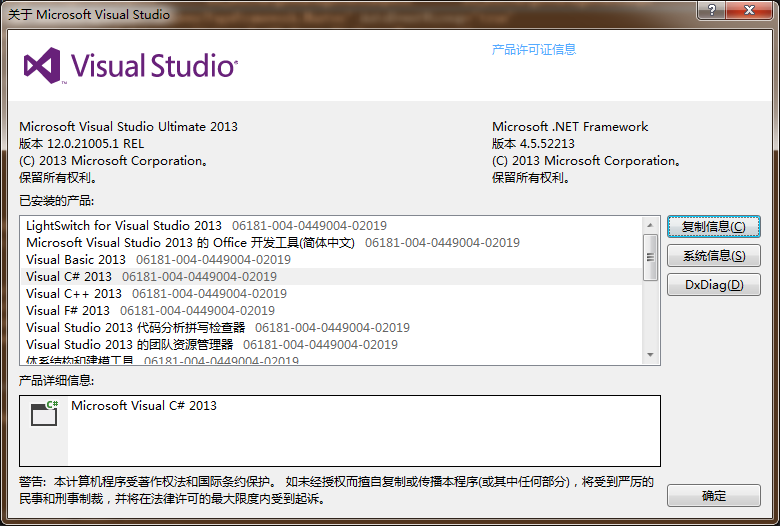I\'m using ASP.NET MVC 3.
My ViewModel looks like this:
public class Foo
{
[DataType(DataType.Date)]
[DisplayFormat(DataFormatString = \"{0:dd.MM.yyyy}\", ApplyFormatInEditMode = true)]
public DateTime StartDate { get; set; }
...
}
In view, I have something like this:
<div class=\"editor-field\">
@Html.EditorFor(model => model.StartDate)
<br />
@Html.ValidationMessageFor(model => model.StartDate)
</div>
StartDate is displayed in correct format, but when I change it\'s value to 19.11.2011 and submit the form, I get the following error message: \"The value \'19.11.2011\' is not valid for StartDate.\"
Any help would be greatly appreciated!
You need to set the proper culture in the globalization element of your web.config file for which dd.MM.yyyy is a valid datetime format:
<globalization culture=\"....\" uiCulture=\"....\" />
For example that\'s the default format in german: de-DE.
UPDATE:
According to your requirement in the comments section you want to keep en-US culture of the application but still use a different formats for the dates. This could be achieved by writing a custom model binder:
using System.Web.Mvc;
public class MyDateTimeModelBinder : DefaultModelBinder
{
public override object BindModel(ControllerContext controllerContext, ModelBindingContext bindingContext)
{
var displayFormat = bindingContext.ModelMetadata.DisplayFormatString;
var value = bindingContext.ValueProvider.GetValue(bindingContext.ModelName);
if (!string.IsNullOrEmpty(displayFormat) && value != null)
{
DateTime date;
displayFormat = displayFormat.Replace(\"{0:\", string.Empty).Replace(\"}\", string.Empty);
// use the format specified in the DisplayFormat attribute to parse the date
if (DateTime.TryParseExact(value.AttemptedValue, displayFormat, CultureInfo.InvariantCulture, DateTimeStyles.None, out date))
{
return date;
}
else
{
bindingContext.ModelState.AddModelError(
bindingContext.ModelName,
string.Format(\"{0} is an invalid date format\", value.AttemptedValue)
);
}
}
return base.BindModel(controllerContext, bindingContext);
}
}
which you will register in Application_Start:
ModelBinders.Binders.Add(typeof(DateTime), new MyDateTimeModelBinder());
Based upon your comment I see all you want is an english current but with a different date format (Correct me if I\'m wrong).
The fact is the DefaultModelBinder uses the culture settings of the server for form data. So I can say the server use \"en-US\" culture but with a different date format.
You can do something like this in the Application_BeginRequest and you are done!
protected void Application_BeginRequest()
{
CultureInfo info = new CultureInfo(System.Threading.Thread.CurrentThread.CurrentCulture.ToString());
info.DateTimeFormat.ShortDatePattern = \"dd.MM.yyyy\";
System.Threading.Thread.CurrentThread.CurrentCulture = info;
}
Web.Config
<globalization culture=\"en-US\" />
Added this below code to global.asax.cs file
protected void Application_BeginRequest()
{
CultureInfo info = new CultureInfo(System.Threading.Thread.CurrentThread.CurrentCulture.ToString());
info.DateTimeFormat.ShortDatePattern = \"dd.MM.yyyy\";
System.Threading.Thread.CurrentThread.CurrentCulture = info;
}
And added the below to web.config under <system.web>
<globalization culture=\"en-US\">;



